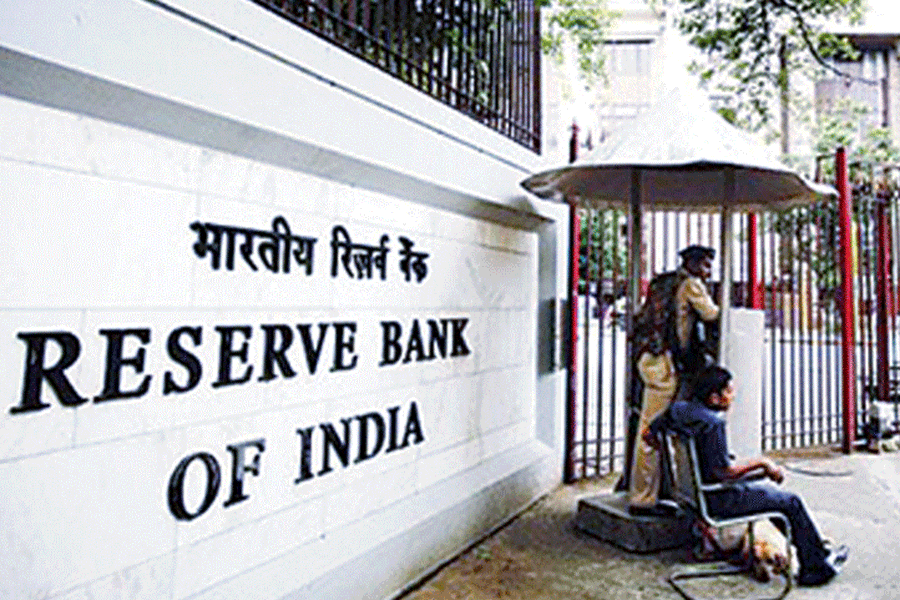India’s incoming government will be greeted with a $25 billion cheque from the central bank, giving it the option to either boost spending or narrow the fiscal deficit quicker, both of which will be cheered by investors.
On Wednesday, the Reserve Bank of India (RBI) announced a record ₹2.11 lakh crore (trillion) dividend transfer to the government, more than double New Delhi’s and Street estimates, leading to a decline in bond yields and a rise in equity markets.
The surplus fund can help the new government, which will take charge after the current elections, bring down its fiscal deficit by 0.3 per cent of gross domestic product (GDP) or increase spending on infrastructure or “populist” stimulus, Citi Research’s Samiran Chakraborty said.
“The bond markets would likely hope that the government follows the deficit reduction route, while the equity markets would likely prefer the government taking the expenditure increase one,” said Chakraborty.
During the election campaign, the opposition Congress promised annual cash handouts of ₹100,000 ($1,202.07) to poor women and unemployed youth. The party’s star campaigner Rahul Gandhi also promised debt waiver for farmers. But the Bharatiya Janata Party (BJP) has avoided promising any new major welfare measures.
“Despite higher revenue from the RBI dividend, we doubt the government would opt for more populist expenditure in its budget, if the government is BJP-led,” said Shreya Sodhani, an economist at Barclays.
“The RBI’s surplus of ₹2.11 lakh crore, much higher than anticipated, provides a significant cushion for the government,” said N.R. Bhanumurthy, vice-chancellor at Dr BR Ambedkar School of Economics University. “This windfall will aid in maintaining the fiscal deficit glide path towards 4.5 per cent, while scaling up capital expenditure. However, this benefit should extend to states struggling to meet their capex targets.”
Aditi Nayar, chief economist at Icra, highlighted that the surplus could bolster government resources in FY2025, enabling enhanced expenditure or sharper fiscal consolidation than planned.
“Increasing funds for capital expenditure could improve the fiscal deficit quality, though spending the surplus within the eight months post-budget approval may be challenging,” she said.
“We expect this windfall to ease the fiscal deficit by 0.4 per cent in FY25,” said Upasna Bhardwaj, chief economist at Kotak Mahindra Bank.
“Lower borrowing announcements in the upcoming budget would provide significant relief to bond markets.”
Rajeev Radhakrishnan, chief investment officer of fixed income at SBI Mutual Fund, emphasised the positive revenue impact.
“This surplus reinforces a buoyant revenue outlook and a positive demand-supply scenario for sovereign borrowings, potentially allowing for reduced government borrowings. Options include additional capital expenditure, revenue thrusts, faster fiscal consolidation, or a combination,” he said.
“The additional RBI dividend can be used for faster fiscal consolidation or targeted spending in critical areas,” said Devendra Pant, chief economist at India Ratings.
D.K. Srivastava, chief policy adviser at EY India, expects the government to focus on infrastructure expansion in the FY25 budget.
An analyst from S&P Global Ratings noted that using the dividend to reduce the fiscal deficit could enhance India’s rating. Analysts agree that the new government’s approach to deploying the RBI’s dividend will be pivotal in shaping India’s fiscal policy and economic future.
With inputs from Reuters










